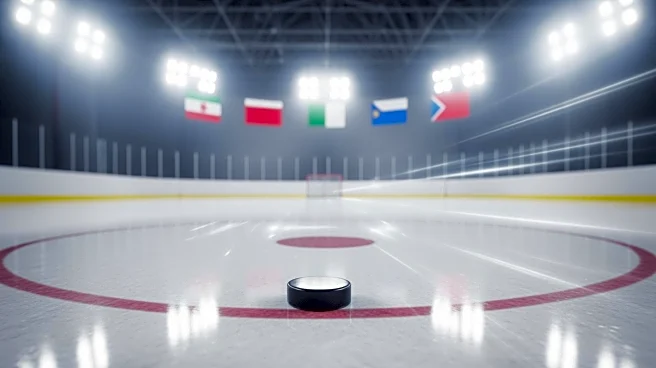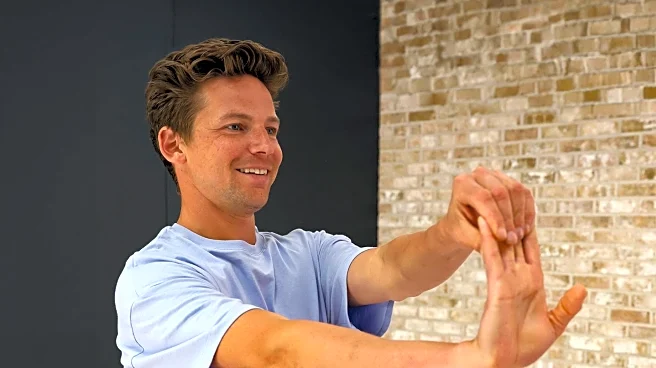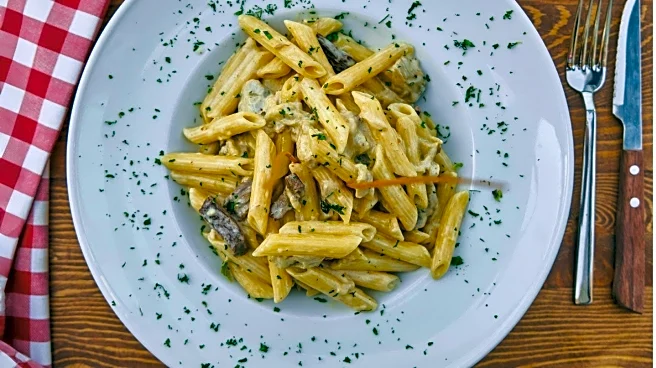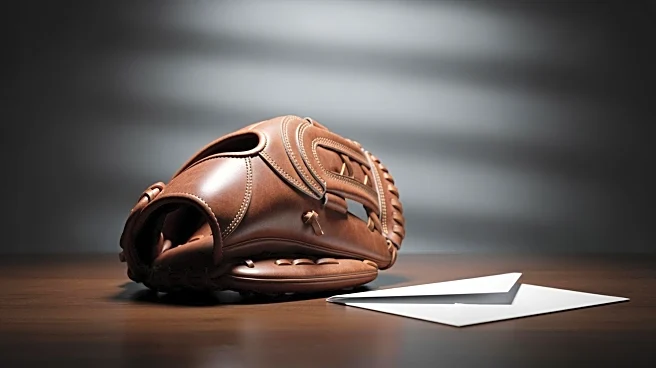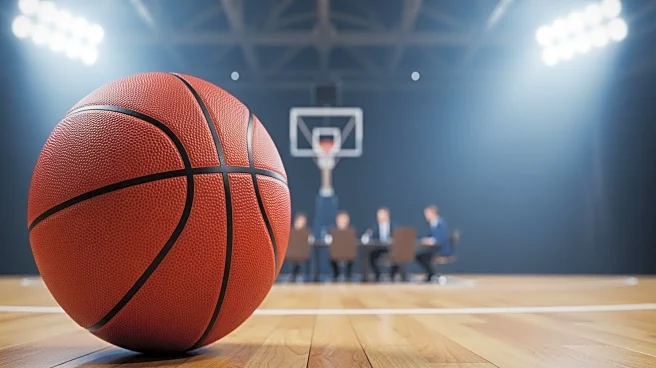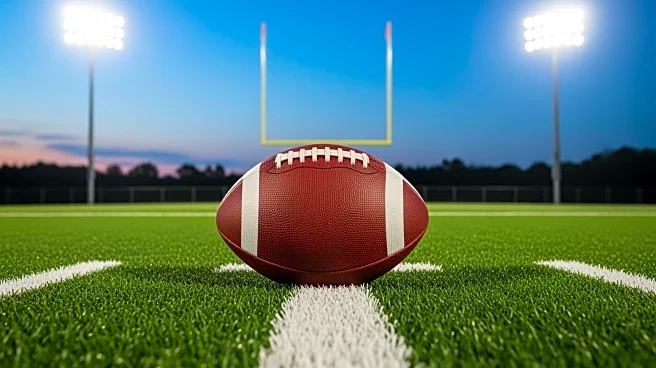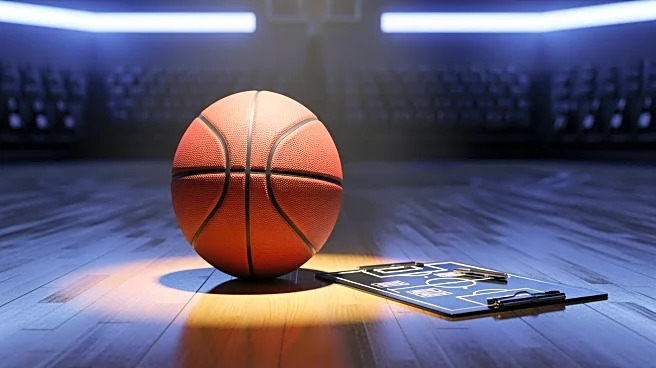Rapid Read • 8 min read
Rafael Devers made his debut at first base for the San Francisco Giants during a game against the Atlanta Braves. This marks his first appearance at the position, which he previously refused to play for the Boston Red Sox. Devers played error-free, contributing to the Giants' 9-0 victory with a 2-for-5 performance and an RBI. His decision to play first base comes after a trade from Boston, where he had a strained relationship with management following a 10-year, $313.5 million contract. The Red Sox had signed Alex Bregman, a Gold Glove third baseman, and asked Devers to move to designated hitter, which he initially resisted. Devers expressed a preference for playing defense over being a designated hitter, citing the desire to stay active on the field.
AD
Devers' willingness to play first base for the Giants, despite his previous refusal with the Red Sox, highlights the complexities of player-team dynamics and contract negotiations in Major League Baseball. His move to the Giants is significant as it aims to bolster their offense, which ranks low in runs per game. Devers' performance could impact the Giants' playoff aspirations, as they are currently close to a wild-card spot. The situation underscores the importance of player satisfaction and respect in team management, which can influence player performance and team success.
The Giants will likely continue to evaluate Devers' performance at first base to determine his role in the team's lineup. His ability to adapt to the new position could be crucial for the Giants as they aim to secure a playoff spot. The Red Sox, on the other hand, may need to reassess their approach to player management and position assignments to avoid similar situations in the future.
Devers' transition to first base for the Giants may reflect broader trends in player mobility and adaptability in professional sports. It raises questions about how teams can effectively manage star players while maintaining team cohesion and performance. The situation also highlights the potential impact of player trades on team dynamics and individual careers.
AD
More Stories You Might Enjoy
